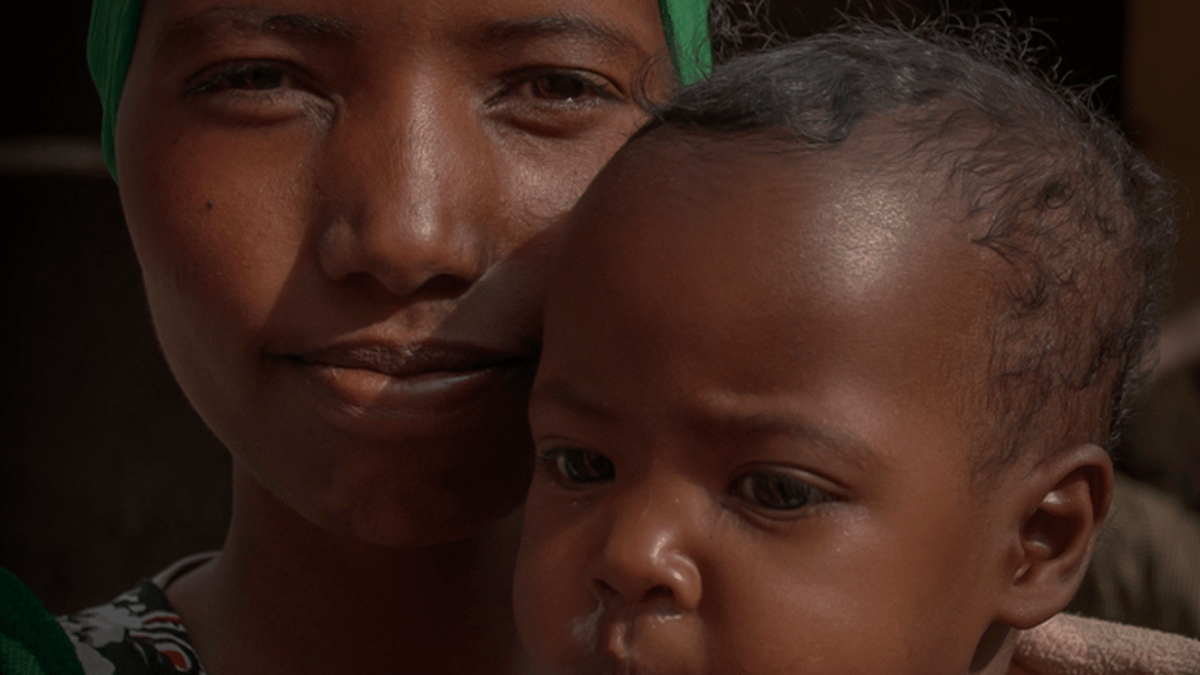Home What we do News & Stories The Ugandan orphanage business
The Ugandan orphanage business
15.01.2019

The BBC’s File on 4 programme highlighted the vast sums of international funding that go to orphanages in Uganda, many of which are operating illegally. Their investigation highlighted that in many cases, children in orphanages were routinely being abused, neglected, and exploited.
The country saw an increase in the number of children institutions from just over 1,000 in the late 90s to approximately 55,000 now – despite a reduction in numbers of orphans1. These orphanages are often built in the tourist ‘hotspots’, driven by international donations and volunteers from countries such as the UK. The Ugandan government recently announced a programme to close more than 500 orphanages which are operating illegally – at least 60 of those receive UK funding2.
This problem is not unique to Uganda.
An estimated 5.4 million children around the world live in orphanages, the vast majority of whom are not actually orphans. Over 80 years of international evidence shows that growing up in an orphanage harms children’s development and subjects them to an increased risk of all forms of abuse. The long-term cost to society is monumental, and sadly, entirely unnecessary: more than 80% of children in institutions have at least one living parent many of whom, with the right support, could care for their child. A Save the Children report found that 85% of children in residential care in Uganda had identifiable and traceable family3.
Now is the time to take action. This is a solvable problem and momentum is growing.
Volunteering or visiting an orphanage is often done with the best intentions and can seem like an appealing way to support vulnerable children. However, a large body of research has demonstrated that around the world these good intentions are fuelling systems that separate children from their families, harm their development, and increase the risk of them being abused. Even well-run, well-resourced orphanages with staff that really care about the children placed there cannot replace the love, care and stability of a family.
The BBC’s programme highlights that steps are being taken to try to reform the care system in Uganda. The Ugandan government are part of the growing global momentum that is seeing donors, volunteers and charities shift their practice away from orphanages towards supporting services that enable families to stay together and, where that’s not possible, to provide loving alternative family-based care for children.
The UK Government’s position is clear4: orphanages and other institutions harm children’s physical, psychological and emotional development and place them at increased risk of harm and abuse. During 2018’s Global Disability Summit, UK Secretary of State for International Development, Penny Mordaunt, made a strong commitment to promote community and family care “to ensure all children grow up with a family of their own”.
The UK Government’s commitment was an important milestone, but we must do more.It is vital that those currently supporting orphanages rethink their plans to ensure their support goes towards areas that strengthen families and communities .
This needs governments, donors, faith groups, philanthropists and individuals to make a commitment to move from investing in orphanages towards to preventing family separation and developing family-based alternatives. Changes in policy and practice in this area will transform the lives of millions of children across the world.
More information:
Author: Anna Darling, Advocacy and Campaigns Officer

